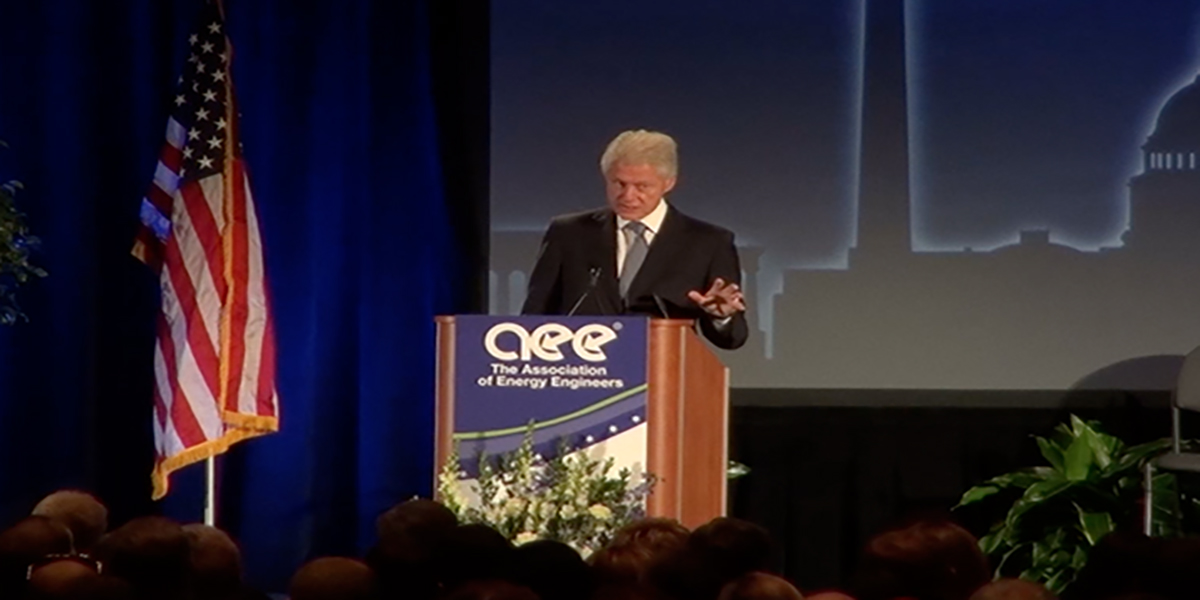WASHINGTON – Former President Bill Clinton on Wednesday decried the drastic loss of wild flora and fauna worldwide, one day after a respected environmental group reported that more than half the planet’s wildlife had been lost in the span of 40 years.
“Around the world, species destruction of all kinds is proceeding at the fastest pace in more than 100,000 years, as nearly as we can determine,” Clinton said during a keynote speech at the World Energy Engineering Congress.
According to the World Wildlife Fund’s 2014 Living Planet Report – released Tuesday – global populations of “mammals, birds, reptiles, amphibians and fish” dropped 52 percent between 1970 and 2010.
The most dramatic decrease was among freshwater species at 76 percent, while the number of marine species and land species each fell by 39 percent, according to the report.
This biodiversity loss can be attributed mainly to resource exploitation by humans and the loss and degradation of habitat, which, combined, account for more than 80 percent of threats.
“Indonesia, the world’s third biggest rainforest, had 50 percent more deforestation last year than Amazonia did,” Clinton said.
The Amazon (or Amazonia) is a 1.4 billion-acre region in South America recognized for its biodiversity and, arguably, the most widely-known example of the negative effects of deforestation in rainforests.
“We’re gradually destroying our planet’s ability to support our way of life,” WWF president and CEO Carter Roberts said in a news release. “But we already have the knowledge and tools to avoid the worst predictions. We all live on a finite planet and it’s time we started acting within those limits.”
But it’s not too late.
Clinton pointed to the importance of a growing energy-efficiency sector in aiding the health of the planet, while the WWF report calls for three actions: the preservation of “natural capital,” a wiser production of food and energy, and a more conscious consumption of resources.

